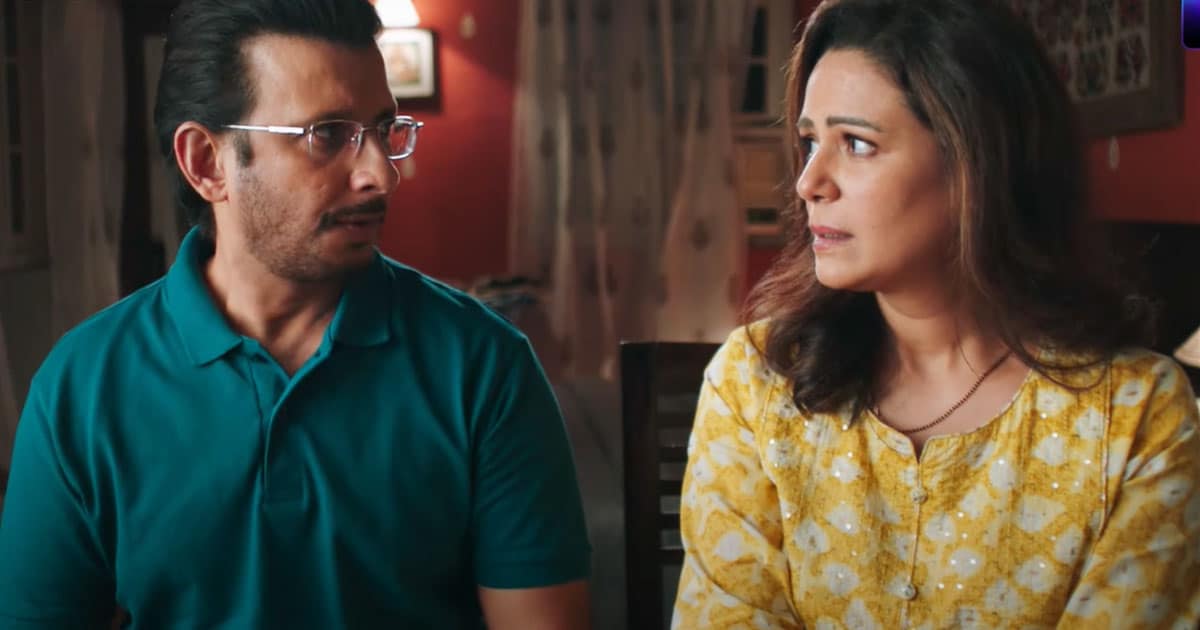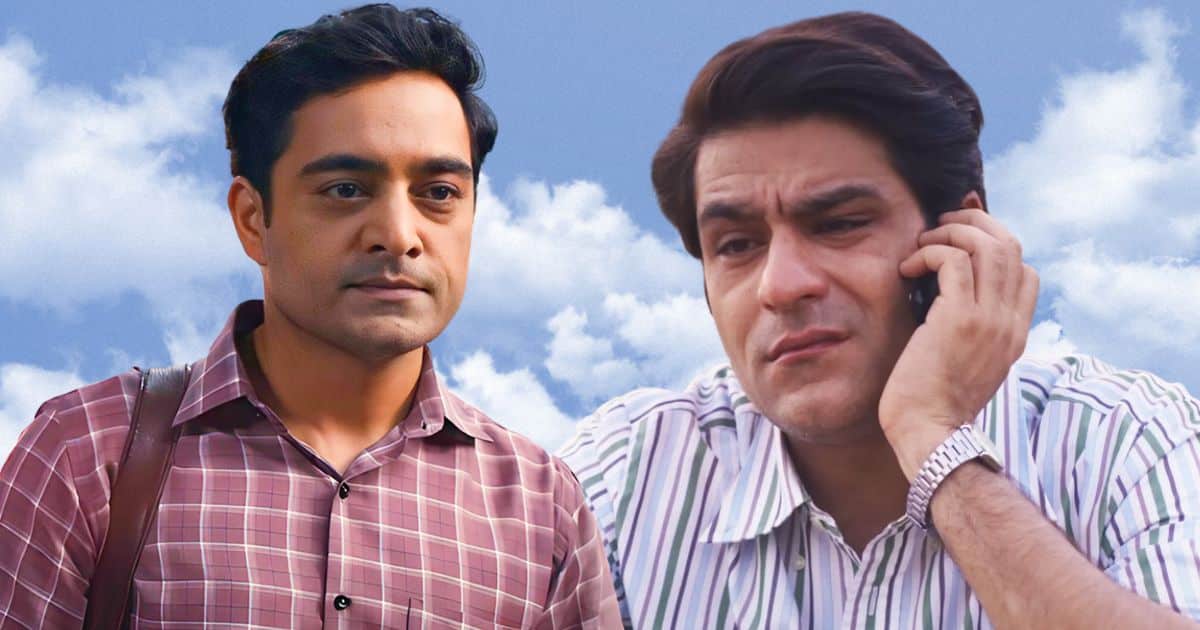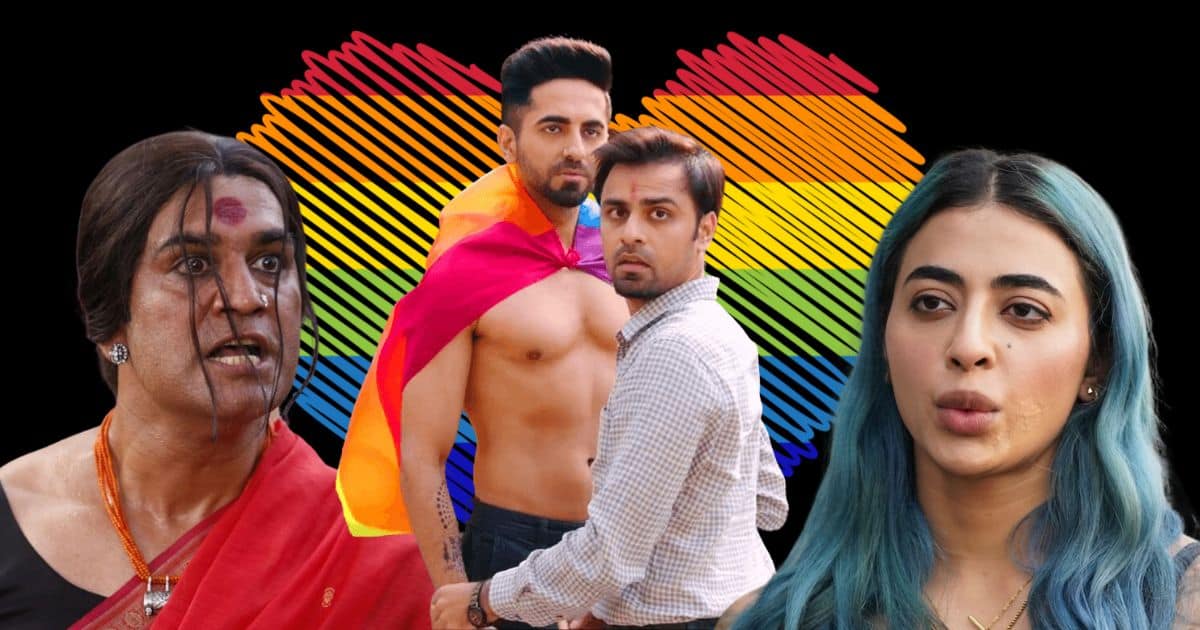In the vast landscape of Indian OTT content, there exists a treasure trove of stories waiting to be unearthed. Stories that cut through the conventional narratives and dive deep into the uncharted territories of human experience. These stories challenge societal norms, give voice to the marginalized, and shed light on the struggles and triumphs that often go unnoticed.
As our screens become windows to a world of diverse tales, it’s time to spotlight the characters that demand our attention, which provoke thought, ignite conversations, and touch the core of our collective consciousness. From the poignant journey of a transgender advocate to the relentless fight of a Dalit woman against systemic bias, from a survivor of child sexual abuse standing up for justice to the battle of self-righteousness and biases over skin color, these conversations bring to life narratives that are not just compelling but imperative in our pursuit of understanding, empathy, and progress.

“Taali”(Jio Cinema): A Transcendent Tale of Identity and Struggle
Taali, a remarkable offering on an Indian OTT platform, shines a light on the transgender community’s resilience and struggles. With Sushmita Sen’s compelling portrayal of Gauri Sawant, the series vividly portrays her journey as an advocate for the rights of Transgender as the third gender. The show not only educates viewers about the transgender experience but also celebrates the strength of an individual fighting for equality. It provides a vital platform for discussing gender identity, social acceptance, and legal battles for recognition.
“Made In Heaven Season 2” (Amazon Prime): Unveiling the Complex Layers of Society
Made In Heaven Season 2 is a series that boldly navigates the intricacies of societal norms. One of its episodes, centered around Pallavi Menke (played by Radhika Apte), tackles the complex struggles of a Dalit woman attempting to conform to her in-laws’ societal expectations. This storyline casts a spotlight on caste-based discrimination, shedding light on the challenges Dalit individuals face to fit into a prejudiced society. The series prompts discussions on caste dynamics, identity, and the evolving perceptions of social acceptance.
“Kafas” (Sony Liv): Confronting Uncomfortable Realities
Kafas delves into the deeply uncomfortable yet important topic of child abuse and its complexities. The show portrays parents grappling with the revelation of their son’s abuse by a prominent Bollywood actor. With Mona Singh and Sharman Joshi’s powerful performances, the series forces viewers to confront the often-taboo subject of child abuse, raising questions about parental responsibilities, accountability, and the need for open conversations about these difficult topics.
“Scoop” (Netflix): Media Accountability Under the Lens
Scoop is a Netflix series that critically examines the responsibility of the media and the consequences of its actions. The show revolves around a journalist accused of murdering her colleague, prompting an exploration of the blurred lines between reporting news and shaping narratives. Karishma Tanna’s portrayal of Jagurti Pathak brings to light the media’s self-consciousness and the phenomenon of using scapegoats to deflect accountability. The series provides a timely reflection on the role of media in shaping public perception and the importance of ethical journalism.
“Made In Heaven Season 2″(Amazon Prime): Challenging Color Prejudices
The first episode of “Made In Heaven Season 2” confronts the deeply ingrained obsession with fair skin in Indian society. Zayn Marie Khan’s portrayal of a ‘gori bahu’ (fair-skinned daughter-in-law) leads the narrative, highlighting the biases based on complexion. This episode prompts discussions about colorism, societal beauty standards, and the need to challenge harmful notions of attractiveness. It invites viewers to reflect on stereotypes’ perpetuation and their impact on individuals’ self-esteem.
In a rapidly evolving entertainment landscape, Indian OTT platforms are embracing their role as storytellers with a mission to educate, inspire, and initiate conversations. Through these diverse narratives, viewers are exposed to various aspects of society, often shedding light on urgent issues.
The power of these shows lies not only in their ability to entertain but also in their capacity to foster dialogue, understanding, and change. As viewers immerse themselves in these stories, they are not just entertained; they are invited to be part of a larger conversation about the social fabric that binds us all.



